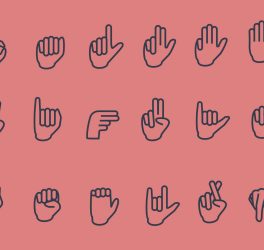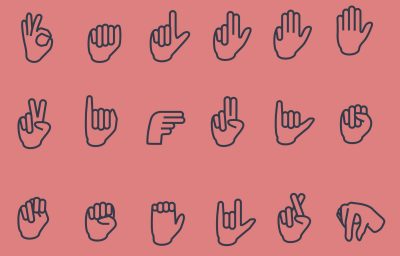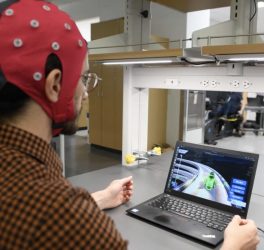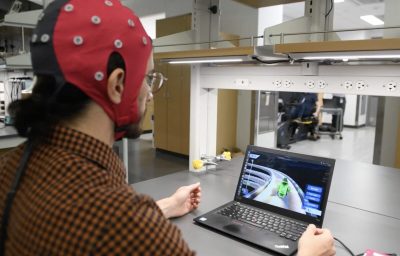Chennai, India – Despite a few inbuilt features for people with vision disabilities, retired Anna University professor V Krishnamoorthy observed that it takes more than five minutes for them to type a 22-word sentence on a touchscreen smartphone.
It takes more time, and often leads to frustration, to type the same sentence without error. This motivated the city-based professor to come up with a virtual keyboard smartphone application, K4 Keyboard, that functions on just four keys letting the user type messages faster and with less errors. The app with features for 14 Indian and foreign languages will be soon available on android and iOS operating system phones.
All it requires from a user is to learn the 336 horizontal and vertical swipes and taps that represent numbers, alphabets, special characters, emojis, auto-complete word or sentence, even formatting texts and more- all fed in four square keys. There are also student-friendly features like calculator and unit conversion tools.
“With our app, a person with vision disability can type a text message in about 50% of the time they would usually take. The aim is to make a high school student write exams without the help of a scribe,” said Krishnamoorthy.
View the original at Times of India








